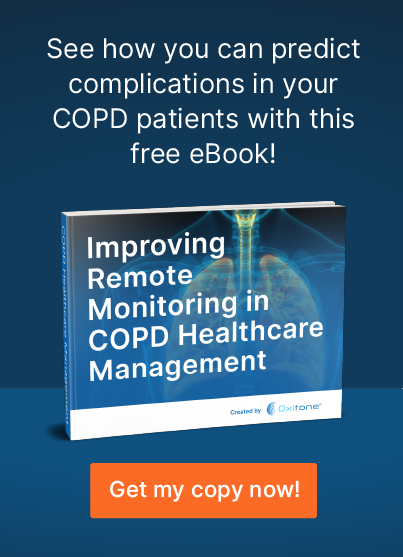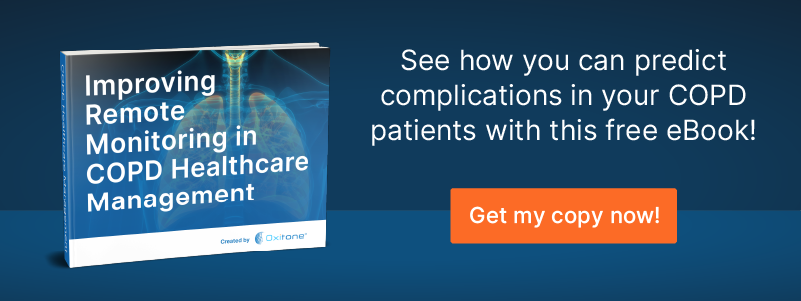Artificial intelligence (AI) has been the driving force behind innovation in many industrial sectors. The healthcare industry is no different. AI has been a gamechanger for medical professionals because it helps in training and has significantly increased the number of life-saving options available.
A survey by MIT shows that about 79% of healthcare professionals believe that AI helps them provide better and more customized care for their patients.
AI has a significant role in all aspects of the healthcare sector. However, it’s most prominent in how it improves patient care. This article will go over the five ways that artificial intelligence is enhancing patient care and improving how medical workers deal with acute and chronic cases.
1. Early and accurate detection
AI has improved diagnostic capabilities. From facilitating existing testing procedures to creating new ones, it has created many opportunities for the healthcare sector. Advanced analytics can detect many life-threatening conditions at an earlier stage, where doctors can intervene and find an effective cure.
Furthermore, numerous diagnostic tests come with significant risks due to their invasive nature. For instance, patients with brain tumors must undergo dangerous biopsies, and a slight deviation from the original plan can cause permanent damage.
A recent study at UT Southwestern used artificial intelligence and advanced radiography techniques to detect brain tumors. This procedure had an accuracy of 97% and was risk-free compared to traditional methods.
2. Identification and mitigation of potential risks
AI and IoT technologies can help doctors and medical staff with identifying and mitigating potential risks. AI in combination with wearable devices and continuous monitoring systems can process massive amounts of data in seconds. From a patient’s history to their genetic disposition toward a certain disease, AI can help doctors identify patterns and use modern forecasting techniques to suggest a proactive approach.
3. Timely responses to medical emergencies
There is a direct relationship between patient mortality and intervention delays. Continuous monitoring systems allow doctors to respond within the timeframe where they can make a difference.
For instance, Oxitone’s wearable solutions monitor your heart rate variability and send that data to its integrated system. Suppose that you are alone at home and experience a cardio-related emergency. The continuous monitoring system would immediately respond and notify emergency services. The system is advanced enough to identify false flags as well. There are multiple verification checks to ensure that you do not see paramedics busting through your door just because of a glitch.
4. Improved treatments and decision-making processes
Complex surgical procedures and treatments are necessary in many cases. You can’t be 100% sure of a surgery’s success even if you do everything right. Many patients die during the surgery or immediately after due to unforeseen complications.
The only thing that doctors can do is minimize all sources of error before and during the surgery. Artificial intelligence can help with that. AI-assisted robotic surgeries are gaining popularity throughout the world because they are more precise and repetitive and flexible beyond human capabilities. The technology continues to advance rapidly, and surgeons are now using it to develop new, non-invasive, and safer ways of doing their jobs.
Another major area where AI is helping doctors is in the decision-making process. Artificial intelligence is enhancing patient care by analyzing and simplifying patient’s data into valuable information for the doctor.
For instance, take a look at continuous patient monitoring. Most medical wearables used for this purpose record multiple parameters that are sometimes interconnected. For example, Oxitone 1000M can monitor respiratory rate, heart variability, oxygen concentration, and numerous other parameters that can help your doctor get the complete picture and make timely decisions accordingly. Similarly, IBM Watson has been working with different hospitals and other institutions to develop cognitive models and data-driven approaches to personalize healthcare. The technology has significantly improved in recent times and has been helping doctors on both the administrative and patient care fronts.
5. Low reliance on hospitalization for chronic patients
Artificial intelligence is enhancing patient care by easing the burden on healthcare professionals while improving the overall level of care. Traditionally, patients used to be strapped to intricate machines and kept under observation, which required doctors, nurses, and other hospital resources. However, along with continuous monitoring devices, AI has made this job easier for healthcare professionals because they can now focus on priority cases.
Medical wearables like the Oxitone 1000M can significantly improve a patient’s life quality. Doctors use these devices to automate the monitoring process and keep an eye on their patients’ vital parameters. The devices are connected to IoT systems that automatically notify paramedics in case of an issue and allow the doctors to intervene on time.
Research shows that patients respond better to treatment at their homes. With AI and continuous monitoring, this is now impossible. Even patients suffering from serious chronic diseases can live an independent and comfortable life.
Conclusion
The healthcare industry is always at the forefront of innovation. From coming up with procedures for unknown conditions to improving existing techniques, doctors and healthcare researchers work nonstop to enhance the level of overall patient care.
Today, the market for artificial intelligence stands at billions of dollars and has a healthy growth rate. Forecasts show that AI in healthcare could reach a market size of $61 million as major players, like IBM, Intel, and Google, continue to work with the medical sector and use artificial intelligence to enhance patient care.
Here at Oxitone, we boost value-based healthcare by delivering extraordinary patient, clinical, and economical outcomes at reduced medical utilization and cost. Patients need a prompt response to emergencies. Physicians need an easy and timely follow-up with patients. Our mission is to transform chronic disease management and help save lives worldwide.
Let’s save lives together! To see how we help remote patient monitoring companies and physicians improve the management and care of high-risk patients, contact us today!


